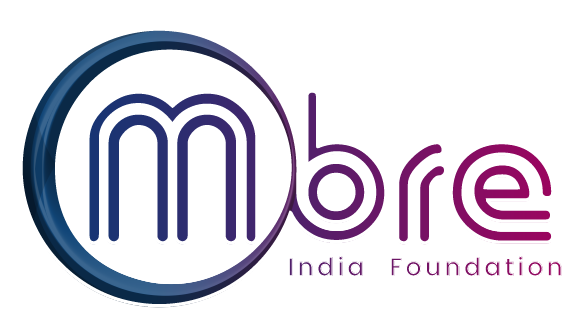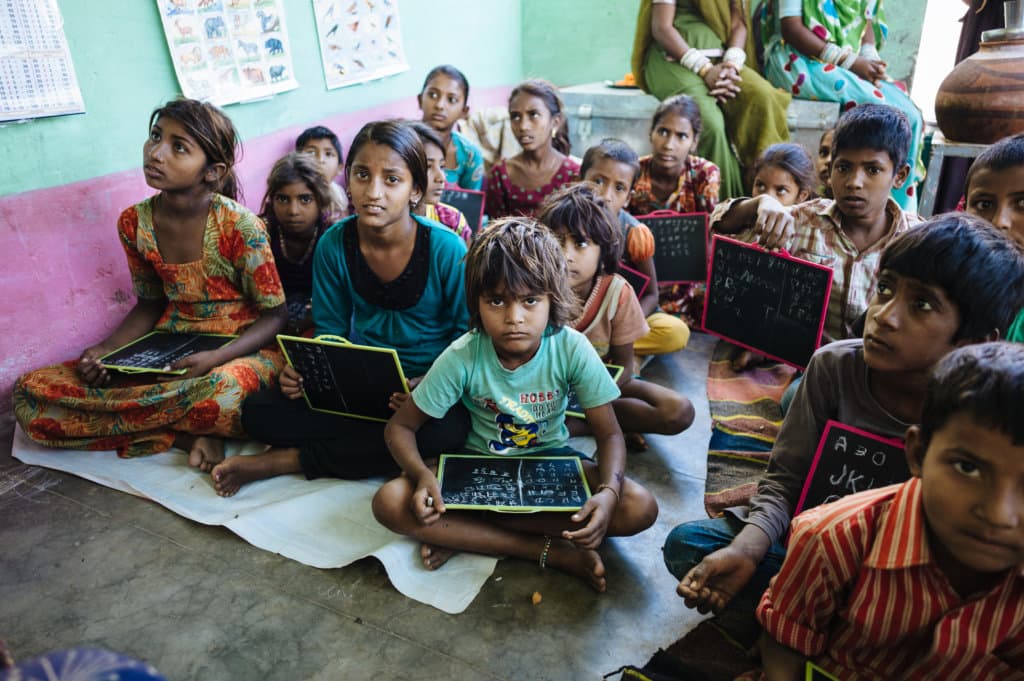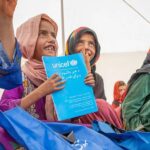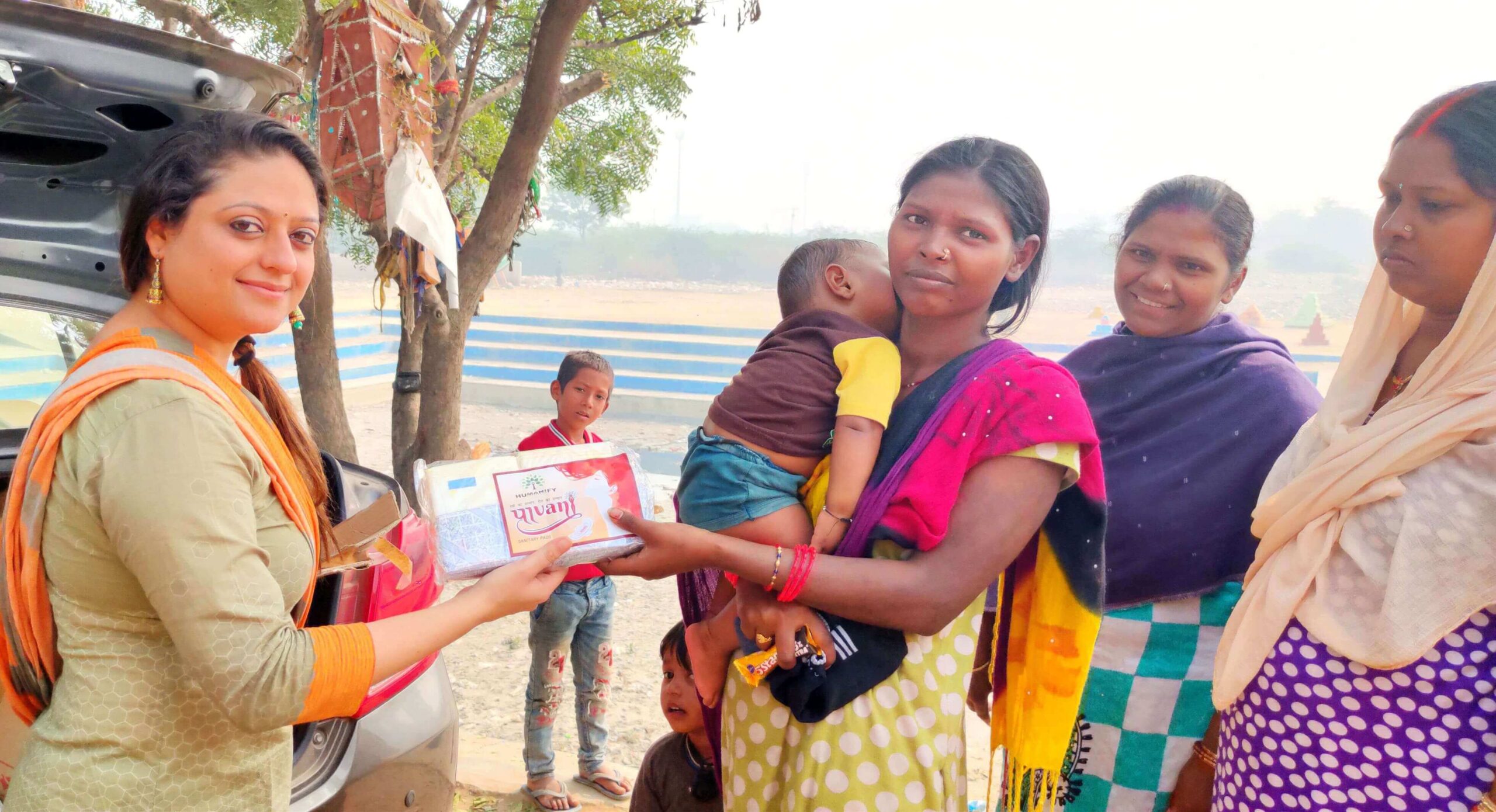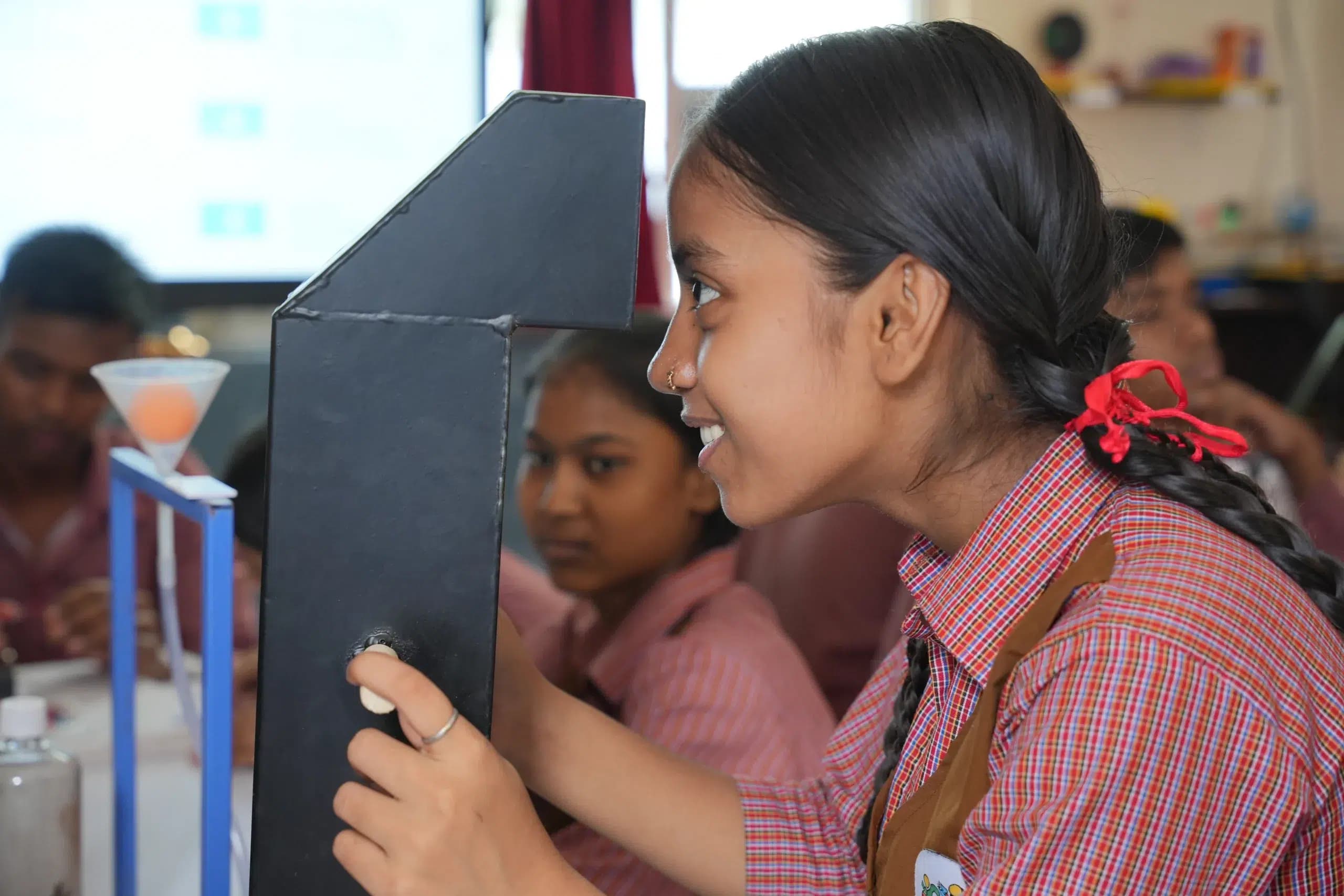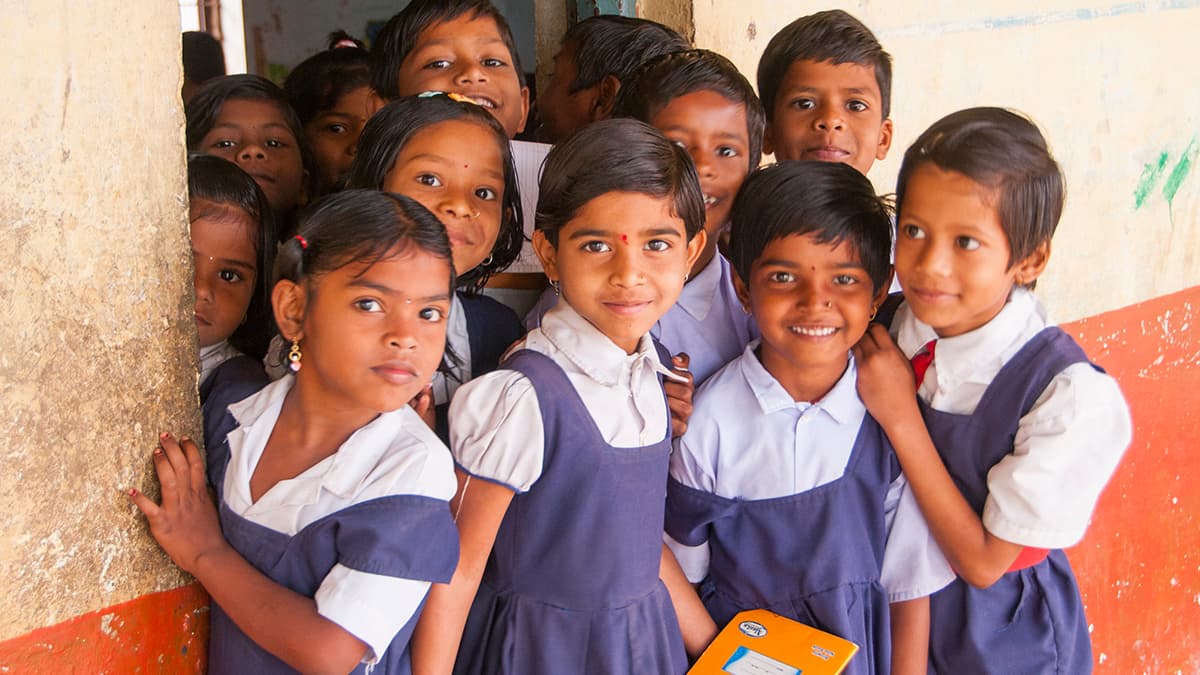The skill development programs are most important in molding the future of poor children by equipping them with what they require to be successful.
The programs enable children to acquire survival skills, improve their confidence, and provide access to quality education and employment. Most low-income communities do not have access to quality education or training for their children.
Skill development fills this gap by educating them in areas such as communication, computer usage, or even vocational skills.
With proper assistance, these children can overcome the cycle of poverty and construct a better future for themselves and their families. This blog discusses how these kinds of programs are changing the lives of these children.
Bridging the Opportunity Gap Through Practical Learning

Poor children do not have access to good education and facilities, and this opens a very big opportunity gap between them and their wealthier counterparts.
Such a gap is bridged with skill development programs that emphasize learning through practice. Such programs instill in the learners very applicable skills such as computer basics, stitching, electrical engineering, or spoken English—skills which have a direct relation with the availability of work.
Not only do children learn, but they also get hands-on experience that equips them for the real world. Compared to conventional learning that does not necessarily result in employment, skill-based learning provides children with a definite way of making a living.
By providing them with real-life tools, these courses enable children to build improved lives for themselves and make the inequality they encounter in their daily lives more manageable.
Boosting Confidence, Employability, and Future Readiness
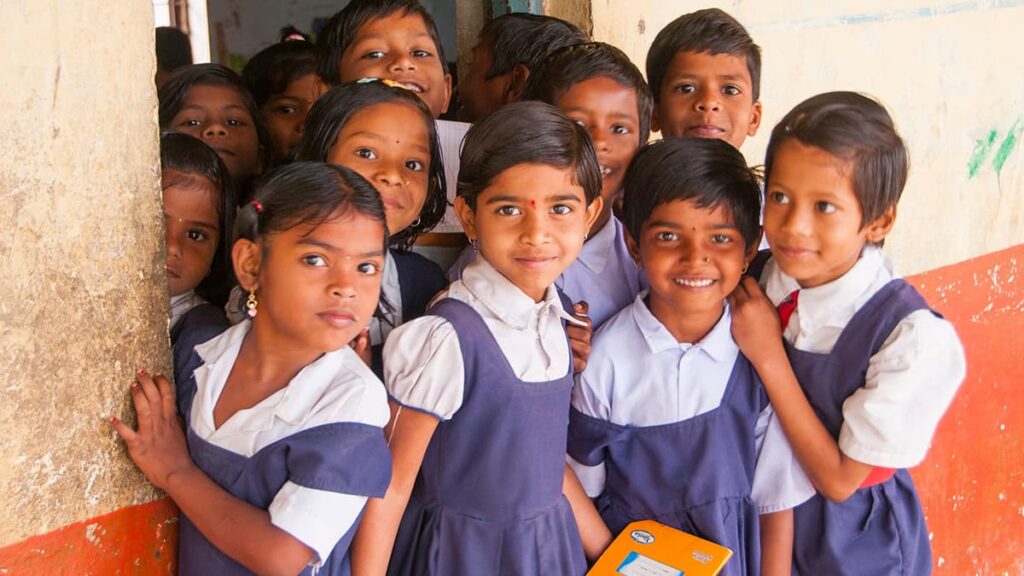
Skill development schemes are not just about imparting everyday skills but also enhance confidence, increase employability, and equip children to face the future.
Most underprivileged children spend their childhood in a situation where they have limited access to opportunities, and as a result, their confidence is affected. Learning new skills in a constructive atmosphere makes them confident.
With each skill, such as communication, teamwork, or technical training, they feel more confident and capable of handling actual challenges. These programs also enhance their opportunities for employment or starting small businesses, making them financially independent.
By targeting both soft and hard skills, skill development programs prepare children not only for the present, but for a brighter future—where they can take control of their own lives and contribute to society in a positive way.
Breaking the Cycle of Poverty and Dependency
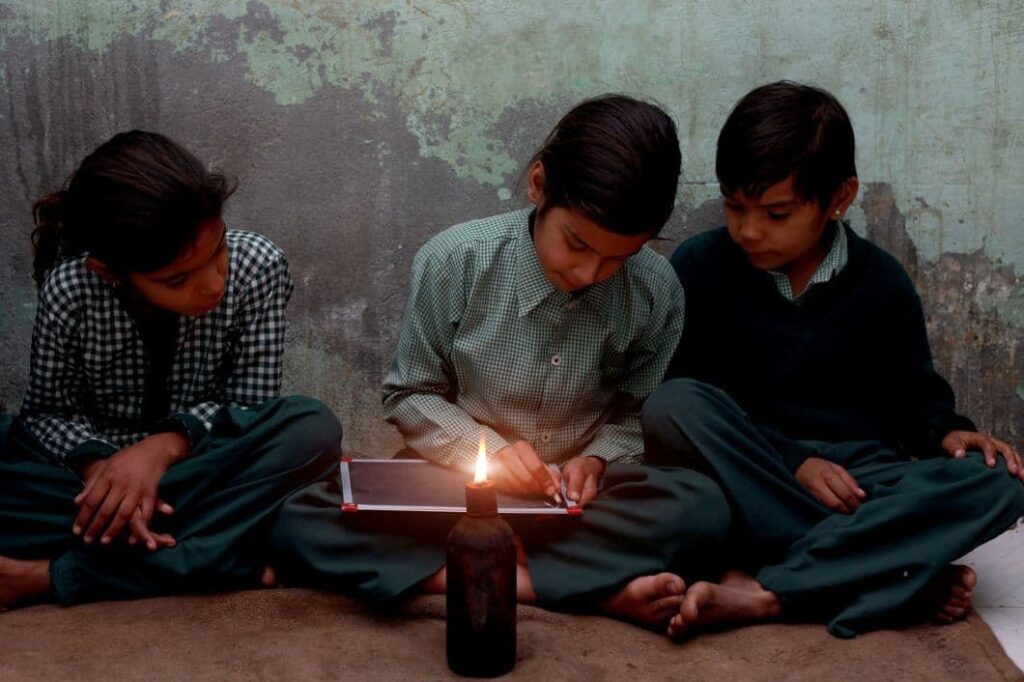
Skills development programs are an important factor in stopping the intergenerational poverty and dependency of poor children. Many families work hard for generations due to the absence of quality jobs or education.
The programs provide the kids with an opportunity to acquire relevant skills that can translate into income opportunities. When a child acquires a trade, whether tailoring, computer science, or electrical work, they are able to begin earning, helping their family, and improving their lives.
This takes some pressure off them financially and lessens their dependence on charity or low-income, insecure work. It has a ripple effect over the long term—bailing not only individuals but families out of poverty. By equipping children with skills, we make them independent, responsible, and able to create a better future.
Role of NGOs and Community-Based Interventions
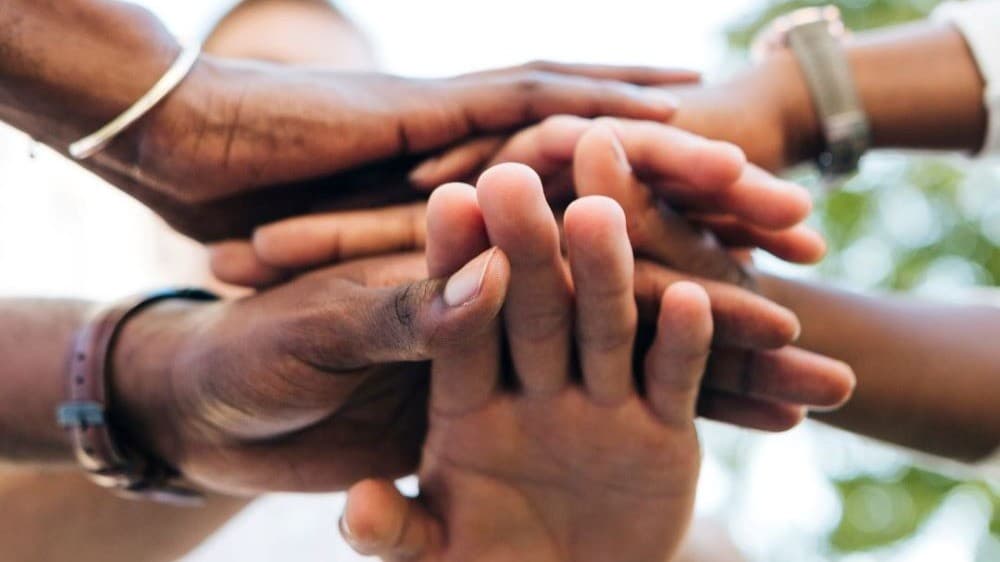
Community-based interventions and NGOs collaborate to introduce skill development initiatives among poor youths. In most regions, particularly rural or low-income communities, access is extremely limited.
NGOs fill the gap by conducting free or low-cost training sessions with specific topics needed in the locality. They also provide learning centers with security, counseling, and required resources such as books or computers.
Community involvement is just as crucial—when local leaders and families become involved, kids are more likely to go and participate in these programs.
Working together, NGOs and communities establish a support structure that is not only developing skills, but also promoting long-term development. Their work ensures that no child will fall behind because of poverty or limited accessibility.
How Ombre India Foundation Supports Skill Development for Underprivileged Children
Ombre India Foundation promotes skill building for the less privileged children through hands-on training in skills such as digital literacy, communication, and vocational skills.
Through workshops, guidance, and access to learning resources, the foundation gives children the empowerment to create brighter futures. By concentrating on practical skills, they break the poverty cycle.
Help create a brighter tomorrow—contribute to our programs or volunteer today to create a sustainable impact.
